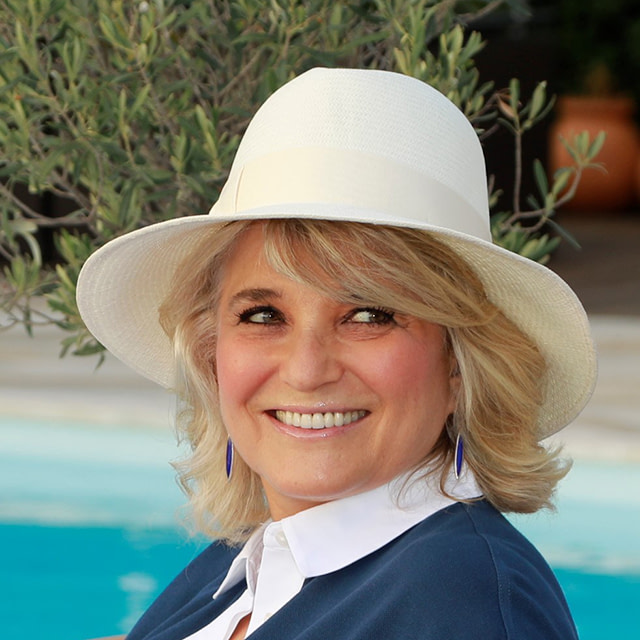Saving Habits
Once you calculate your annual spending requirement, you can start focusing on your saving and investment “money jars.” When you at the beginning of your career and just entering a “self-sufficient life” phase, you, understandably, may not have a lot of moneys left after your “spending jar” allocation. I get that. However, you must make every effort to have some moneys left to put aside for your SAVING “money jar.” Not only it will teach you to be more disciplined with your SPENDING, it will also help you develop a healthy “money habits.”
Your SAVING “money jar” purpose is to provide you peace of mind while you grow your wealth. You don’t want to be stressed out about your “Must Have—Must Pay” commitments and needs in case you lose your main source of income due to job loss, sickness, divorce, etc. The idea is to put aside a portion of your current earnings to cover your needs in case of two scenarios: a financial adversity and short-term up-coming obligations.
Therefore, I suggest that you start putting aside funds to achieve the following:
- Up to 12 month worth of your “Must Have—Must Pay” spending amount (I call it “911 Fund”)
- Discretionary amount for something that you expect to pay for within next 2-5 years like a new car, a down payment on a house, a college tuition, retirement drawing, etc. (I call this “Short Term Fund”)
Your “911 Fund” must be absolutely safe – your objective with this fund is to preserve the capital, not to grow it. You must not take any risk with this fund and keep these moneys in super-safe and very liquid assets (easily liquidated) that will not go down in value. Given today’s economy, it could be
- Cash (saving account with a small interest), or/and
- Gold and Silver bullion or Gold and Silver coins, or/and
- Short-Term Government Secured Notes (which is an equivalent of cash), or/and
The best strategy for your super-safe “911 fund” would be to allocate equal amount of funds in several assets. Consider 50%/50% if you choose only 2 kinds of assets or 33% if choose all three. Allocating your super-safe fund across different kinds of assets called diversification and it provides an additional safety factor to your “911 fund.” Diversification of your money across different asset types (e.g. cash, notes, bullion, bank CDs) allows you to decrease the risk of losing the value of your money at the same time. An old saying “don’t put all your eggs in the same basket” is an adequately stated reason for diversification of your assets.
Having “911 fund” is extremely important. Imagine for a brief moment that you lose your job and want to liquidate your stock portfolio to cover your “Must Have–Must Pay” expenses and suddenly you realize that your investment portfolio significantly lost its value because of bad market performance…or worse, a market crash. Unfortunately, a scenario like that is very real and has burned many people in the past. I don’t want this to happen to you. Your super-safe “911 Fund” will allow you to cover your expenses until you find another job or come up with a new source of income.
Your “Short Term Fund” can be invested in safe, fairly conservative investment vehicles that would yield a small interest. It could be
- High-investment grade Corporate Bonds or
- High-interest paying FDIC-insured bank CDs or
- Market-safe FDIC-insured CDs (fluctuate with the market but guarantee your principal)
- Preferred or Common Stock of the well-established international companies (“World Dominators”) that have a “healthy balance sheet” (low debt obligation and a lot of cash saved) and a long history of dividend payments to their shareholders.
- Tax-Free safe Municipal Bonds (not all municipalities’ bonds are safe–do your research!)
However, when your timeline for using these funds gets close to 2 years away from now (you expect to retire within 2 years or have a debt obligation to fulfill)–reallocate this “Short Term Fund” capital into safe investment vehicles, similar to the one for “911 Fund.” Your objective with Saving “money jar” is absolute, positive risk aversion. You can compensate low ROI (return on Investment) in this fund by riskier but higher ROI investments in your Investment “money jar.”

